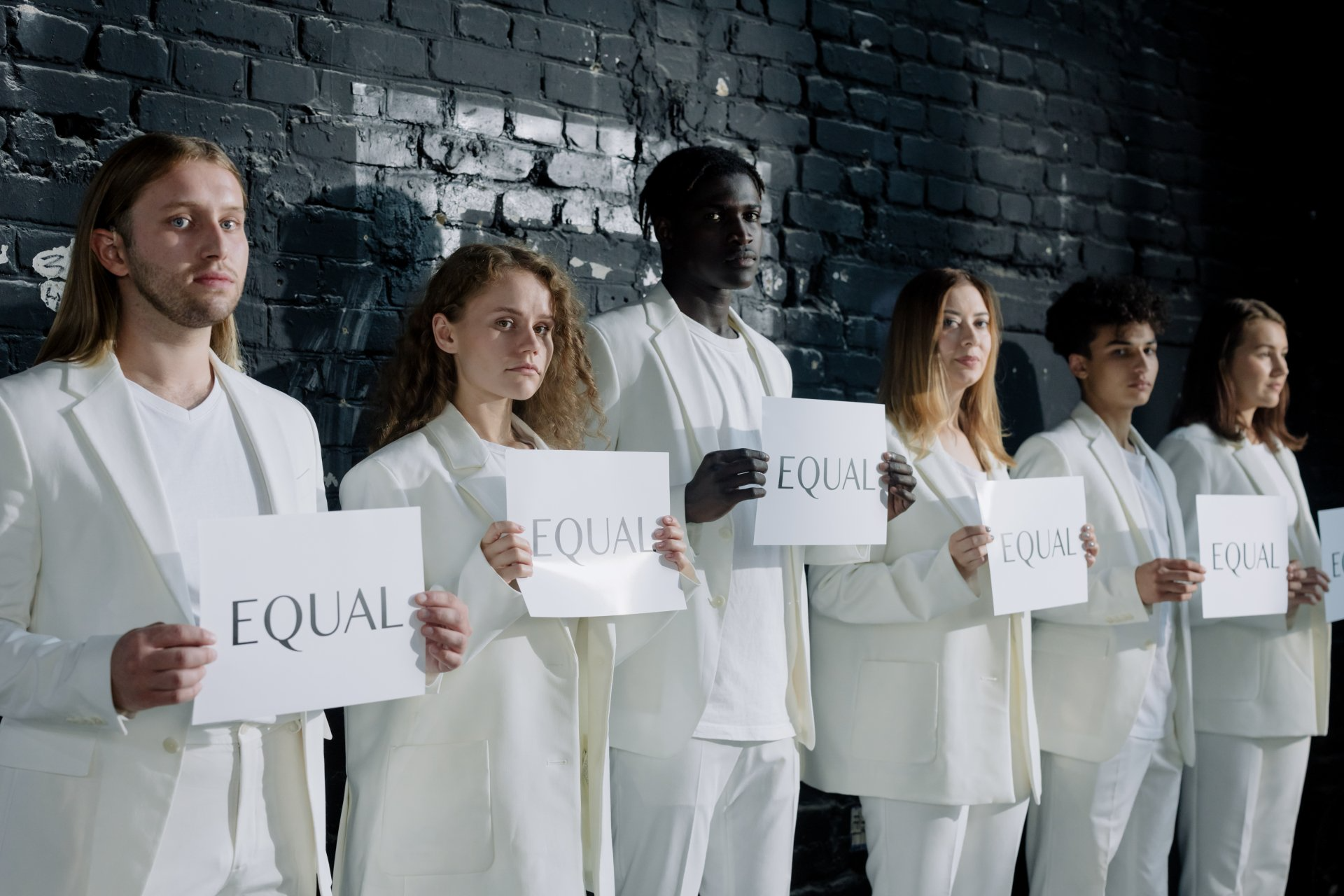
In a candidate short market, the last thing companies should be doing is limiting their options by looking for more employees that are just like themselves. Whilst instinctively, you might think that similar people would increase a cultural fit in an organisation, it reduces the diversity in your workplace and limits your access to all the benefits that go with it.
Diversity has proven positive impacts to an organisation in many ways including productivity, problem solving, and even revenue! According to Deloitte Access Economics, effective management of workplace diversity is linked to the improvement in organisational performance, effectiveness, profitability, and revenue generation. Diversity is a precursor to higher levels of innovation and better decision making in an organisation. A Boston Consulting Group study even found that companies with more diverse management teams have 19% higher revenues due to innovation.
What is Unconscious Bias?
Human beings naturally have bias. Nobody makes decisions in a vacuum. Our brains take mental shortcuts to help us make decisions. These shortcuts are biases. Biases can be positive or negative and are mostly invisible to us. Unconscious Bias is best defined as an implicit stereotype that is the unconscious attribution of qualities to a member of a certain social group. These stereotypes are influenced by experience and are based on learned associations between various qualities and social categories, including race or gender. An example of unconscious bias might be a preference for female candidates for secretarial roles or Asian candidates for accounting jobs. Our unconscious bias and stereotyping can lead to unintentional discrimination and subpar hiring practices.
Understanding Requirements for a Role
As legal recruiters with many years of extensive experience, we have learned to take the time to understand from our client base exactly why particular job requirements exist at the job briefing stage. What we are looking for are the actual requirements rather than the inherited requirements. No longer is it sufficient to fill a role that starts at 7am just because that is when the previous incumbent started. If there is no business-related reason for this requirement, then it is more inclusive to remove such a requirement that cuts out a large section of the talent pool who either have family commitments at that time of the morning or just prefer a later start.
There are many ways you can deliberately seek to overcome unconscious bias within your organisation as part of your hiring strategy and to increase your available talent pool. These are our tips to get started
1. Advertising
Take the time to use language that attracts all genders and gives a sense of belonging. To help you do this you can use the Gender Decoder. This is a free website tool that helps point out any gender bias in your job ads so that you can remove or reword them.
It is also useful to think about how the organisation’s workplace culture is described. Terms such as “work hard, play hard” can detract some female applicants. Also consider whether any social activities are centred around alcohol consumption or a particular sport as this can also exclude individuals from taking part. Inclusive ads attract more candidates and typically take a shorter time to fill.
2. Job Descriptions
The detail in a job description tends to be analysed carefully by applicants. Consider the title of the position and any gendered language used. Think about whether any of the job description’s content including responsibilities and tasks could be considered exclusionary. These include work arrangements, flexibility, qualifications, and work experience.
3. Removing of Identifiers
Hiring managers and recruiters can share profiles of candidates anonymously without any gender identifiers or ethnicity hints included in a name. This helps determine a level of interest in the individual’s skills and experience without being distracted by considerations around where they live, what university they attended or their country of origin. You might be surprised at how effective this approach is to outsmart ingrained unconscious bias.
4. Longlists and Shortlists
When we present a shortlist or a longlists to a client, we provide quick statistics on the demographics of applicants. This is helpful for our clients to better understand the external market and whether any of the prospective talent pool is being missed. These statistics easily highlight genders and seniority brackets that are not applying. This could be due to the organisation’s brand in the market, the wording in the job advertisement or the job itself. We strive to provide our clients with a balanced shortlist with a broad selection of individuals (e.g age, gender, racial and cultural backgrounds.)
5. At the Interview Stage
You can encourage diversity in the interview panel and ensure that interview times are not prohibitive to candidates. Where informal ‘meet and greets’ are part of the selection process consider encouraging coffees rather than ‘beers or wine after work’ Furthermore, encouraging participation of a range of team members can help make a candidate feel like they belong.
By being inclusive and considering the diversity implications of your wording and approach you widen and increase the quality of the talent pool available to your organisation to fill a role.
We are exceptionally passionate about improving diversity and inclusion in the workplace, so much so that we would love to introduce you to our colleagues at an exciting new division of Alex Correa Executive: Developing Talent. They are independent human resources consultants that deliver tailored diversity and inclusion programs to suit your organisations. You can find out more about their programs here.
If you would like assistance with improving the diversity and inclusion in your hiring practices, then get in touch. We can provide confidential advice or put you in touch with our colleagues at Developing Talent. Email us at info@alexcorreaexecutive.com.au
Related Articles

Introducing Jennifer Tsatsaronis: Personalised Support for Legal Professionals Every Step of the Way










